| Usage |
Usage
Hydroxyurea is available in capsule form for oral consumption. It's usually taken once daily, and for certain cancer types, it may be taken every third day. Maintain a consistent time for consumption. Carefully adhere to the prescription label instructions; consult your doctor or pharmacist for clarification. Follow prescribed dosages precisely—no more, no less. Your doctor might adjust doses based on your response and any side effects. Continuous communication about your well-being is essential. Don't halt Hydroxyurea without medical consultation. Often, your doctor will recommend taking folic acid alongside it to mitigate side effects. Consume the capsules whole, without chewing, splitting, or crushing. Handle capsules with gloves to prevent skin contact. In case of eye contact, rinse for a duration of 15 minutes. Should a capsule spill, immediately clean it up with a moist towel and dispose of it safely. Ask your doctor or pharmacist for the manufacturer's patient information.
|
| Side Effects |
Side Effects
Hydroxyurea might lead to side effects. Inform your doctor if these symptoms persist or worsen:
• Nausea
• Vomiting
• Diarrhea
• Appetite loss
• Weight gain
• Mouth and throat sores
• Constipation
• Skin rash
• Pale skin
• Dizziness
• Headache
• Hair loss
• Skin and nail darkening
Certain side effects require prompt attention. If you encounter these symptoms or those outlined in the IMPORTANT WARNING section, contact your doctor immediately or seek emergency medical help:
• Excessive fatigue or weakness
• Rapid heartbeat
• Breathlessness
• Persistent stomach area pain, radiating to the back
• Skin pain, itching, redness, swelling, blisters, or sores
• Upper right stomach pain
• Yellowing of skin or eyes
• Flu-like symptoms
• Numbness, burning, or tingling in hands or feet
• Painful or challenging urination
• Seizures
Hydroxyurea might trigger additional side effects. Notify your doctor about any unusual issues during your medication course.
|
| Storage |
Storage
-Store this medication in its original container, tightly closed, away from children and pets. Keep it at room temperature, avoiding excess heat and moisture (not in the bathroom). Disposal of unused medication should be safe to prevent accidental consumption. Avoid flushing it; instead, utilize a medicine take-back program. Contact your pharmacist or local waste authority for information Safeguard medications from children's reach; many containers are not child-resistant. Secure safety caps and store meds in an out-of-reach place to prevent accidental ingestion.
|
| Precautions |
Precautions
Hydroxyurea has the potential to significantly reduce blood cell counts in your bone marrow, leading to symptoms and an elevated risk of severe infection or bleeding. Contact your doctor right away if you encounter symptoms like fever, chills, sore throat, persistent cough, unusual bleeding or bruising, dark stool, bloody vomit, or coffee-ground-like vomit. Keep scheduled appointments with your doctor and laboratory for regular tests monitoring your body's response and blood count. Dose adjustments or temporary discontinuation might be needed if your blood count drops excessively. Hydroxyurea may heighten the likelihood of other cancers, including skin cancer. To minimize risk, limit sun exposure and wear protective clothing, sunglasses, and sunscreen. Discuss potential risks with your doctor before using hydroxyurea.
Prior to starting hydroxyurea:
• Disclose any allergies you have to hydroxyurea, other medications, or inactive ingredients in hydroxyurea capsules. If unsure, ask your pharmacist for a list of ingredients.
• Inform your doctor and pharmacist about both prescription and non-prescription drugs, vitamins, nutritional supplements, and herbal products you are taking or planning to take. Mention especially any HIV medications like didanosine (Videx) and stavudine (Zerit), as well as interferon (Actimmune, Avonex, Betaseron, Infergen, Intron A, others). Your doctor may need to adjust medication doses or closely monitor for side effects.
• Let your doctor know if you have HIV or AIDS, have received radiation therapy or cancer chemotherapy, have undergone hemodialysis, or have a history of kidney or liver disease.
• If you are pregnant, planning pregnancy, or breastfeeding, avoid taking hydroxyurea. Effective birth control is essential during treatment for 30 days after for females, and for 1 year after treatment for males and their female partners. Consult your doctor for suitable birth control methods. If you become pregnant while on hydroxyurea, contact your doctor immediately. The medication may harm the fetus.
|


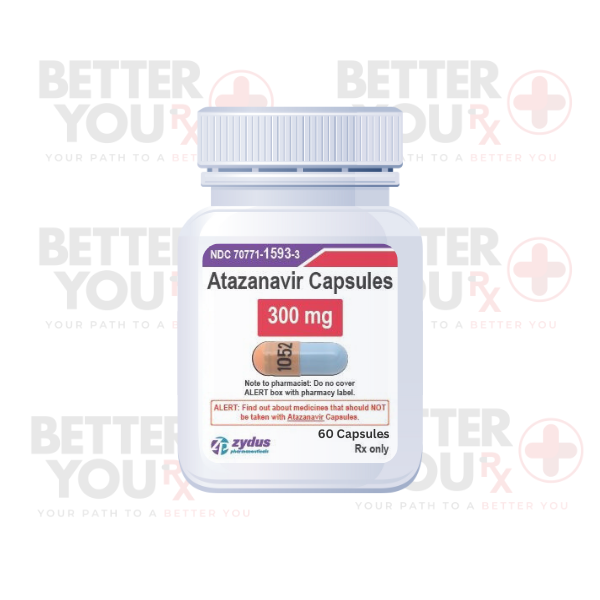
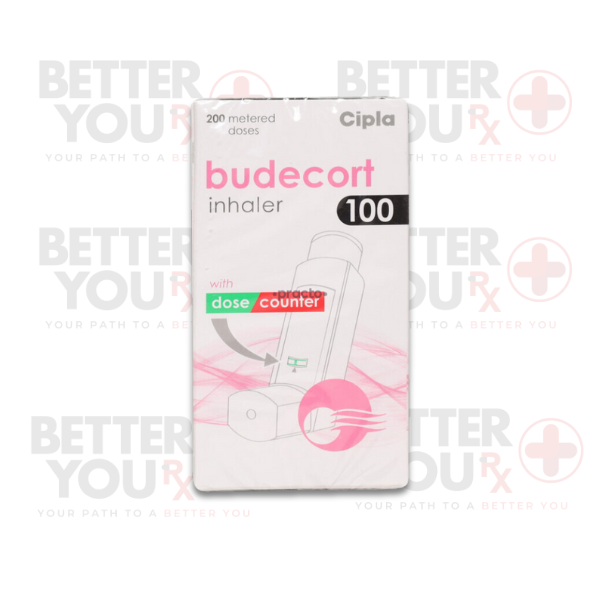
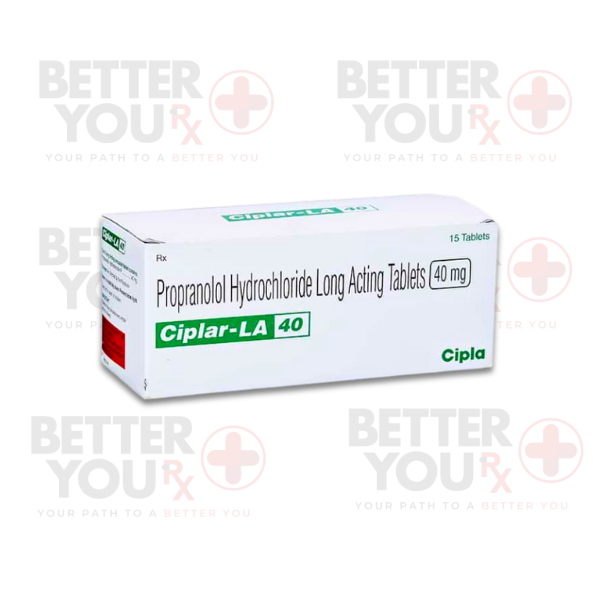

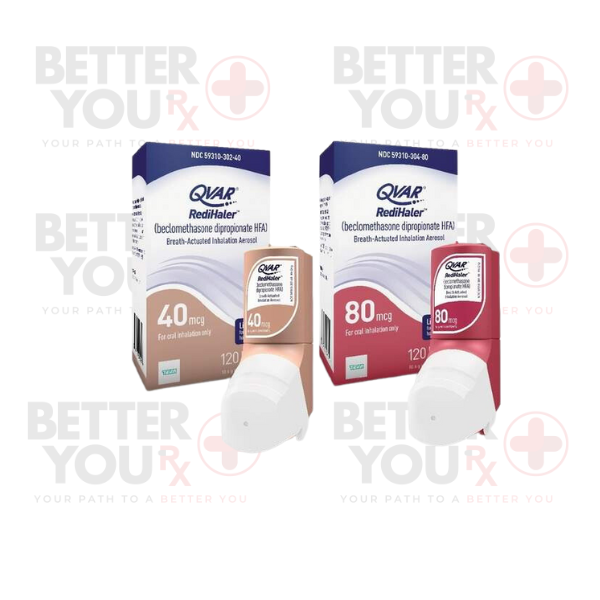
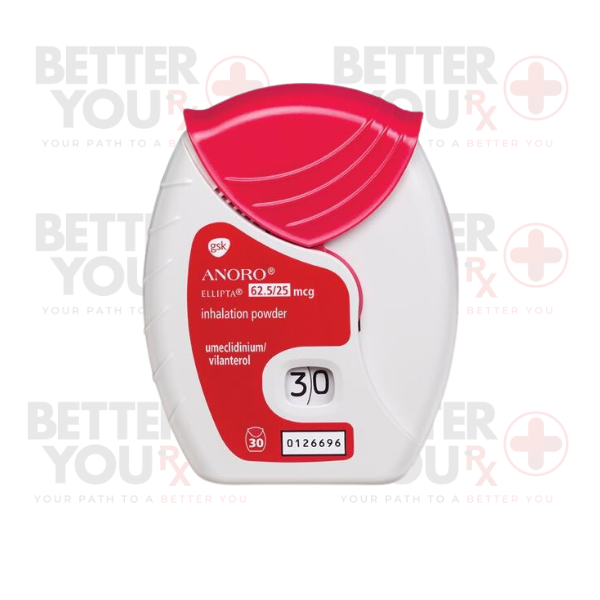
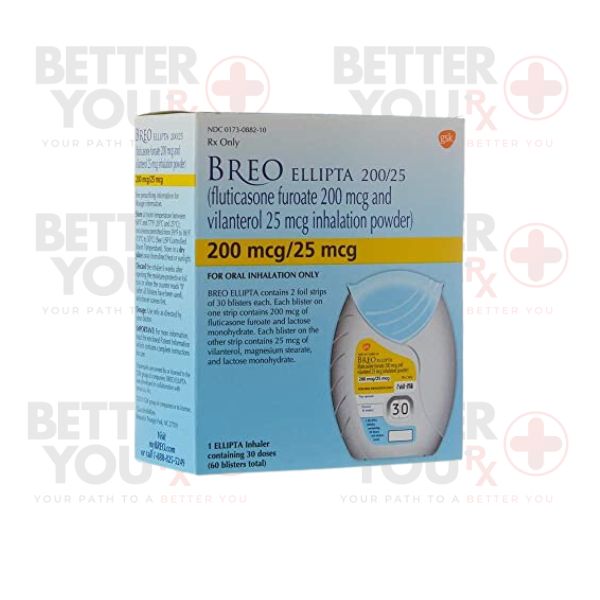
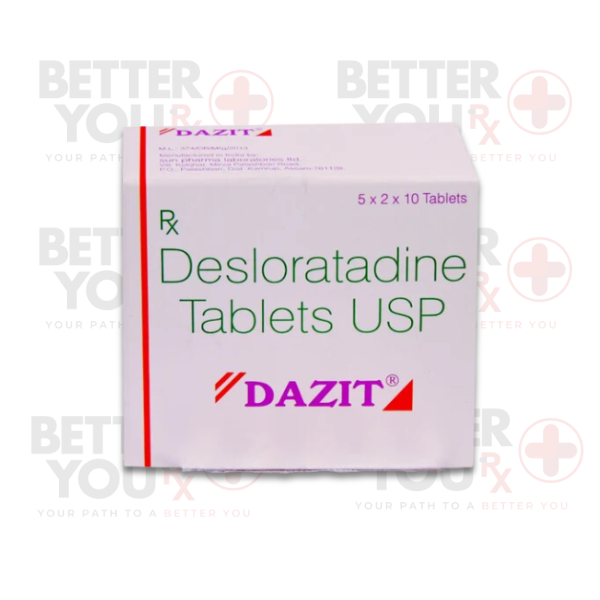
Reviews
There are no reviews yet.